If you don't want to have to end up paying for one of the best antivirus software options, you can still get excellent protection on your computer using one of the best free antivirus softwares instead. Windows Defender is pretty good at stopping a lot of threats from infecting your computer, but it isn't foolproof. I strongly recommend an extra pair of eyes to help prevent malicious downloads before they get the chance to attach your system. The best free antivirus software is Avast Free Antivirus. Avast includes tons of great features like a password manager, phishing scheme filters and a VPN without costing you anything. And if you, or your children, play a lot of online games, you'll especially appreciate Avast's gaming mode.
Avast Free Antivirus: Best overall free antivirus software
Avast is on the top of my list for the best free antivirus programs. It is chock-full of features that even basic paid antivirus software doesn't include. This includes a VPN that blocks your computer's IP address and location while you're online. That makes it difficult for adware and internet trackers to target you with ads or sell your browser history. It also has a password manager that keeps all your usernames and passwords secure. That way, they can't be swiped by keyloggers as you sign into online accounts.
My favorite feature of all Avast computer protection programs is the automatic gamer mode. When you visit a known gaming site, Avast places it on its gamer list and automatically suspends all non-essential processes, so you have all the resources you need while playing. This includes popup messages or other notices that tend to interrupt gameplay. However, Avast will keep monitoring for any malware trying to sneak in and stop it.
Because it is a free program, Avast does have a lot of ads that try and entice you to upgrade to one of its paid programs. Unless you're in gamer mode, these ads do become bothersome as they pop up and do create a bit of slowdown.
Pros:
- High protection score
- VPN
- Gamer mode
Cons:
- Popup ads
- Causes slowdown
Best Overall
Avast Free Antivirus
So much protection in a free program
Avast has a good number of security tools and stops most threats from infecting your computer.
Bitdefender Antivirus Free: Best basic antivirus software
The only reason Bitdefender doesn't take the top spot is that this basic program doesn't have the extra tools that make Avast the better pick. However, Bitdefender is very reliable and doesn't use a lot of your system's resources, so you won't notice slowdown or drag while it is running. If you're not worried about using a VPN or password manager or an automatic gamer mode, then I highly recommend Bitdefender as the best, basic antivirus program.
I'm always amazed at how well Bitdefender stops malware files before they start the download process, and most threats get automatically scrubbed from my computer without ever needing to hit the quarantine folder. It's like Bitdefender knows a threat when it sees it and doesn't bother me to double-check. Plus, there is hardly any effect on my computer. The only way I knew it created any slowdown is because I timed it, and the lag was less than a tenth of a second.
As with all free antivirus programs, Bitdefender does have popup ads that encourage you to purchase its paid security program. However, compared to other free software, I didn't find it overly intrusive or annoying. The biggest frustration I discovered of all Bitdefender programs is virus scans take a long, long time, nearly three times longer than other programs. Depending on what you have saved to your local drives, this can be well over an hour. One of my test computers that only had default programs installed still took close to 45 minutes to complete.
Pros:
- Real-time protection
- Secure delete
Cons:
- Slow scans
- No advanced features
Best Basic Antivirus
Bitdefender Antivirus Free
Dependable, fast, secure
Bitdefender earned a high protection score and secures your computer without causing drag.
Kaspersky Security Cloud: Best with No Drag
Kaspersky is another excellent antivirus program that I have no problem recommending for home use. It runs quickly and doesn't create any slowdown while installing or in use. Even during deep virus scans, I can easily keep working without worrying about buffering or lag.
In my tests, Kaspersky stopped every one of the malicious files trying to download during the process and placed these threats into the quarantine folder. It did have problems recognizing a couple of dangerous websites that either are known to harbor malicious downloads or are a phishing scheme. Since the likelihood of most people purposely visiting these sites as I did, the probability of you become infected while working online is pretty slim while using Kaspersky.
In the past, Kaspersky has gotten a black eye for allegedly using its programs to tap into the U.S. government and its worker's computers to gather information for the Russian government. However, officials have never formally charged that Kaspersky is guilty. In contrast, the company and its founder have worked to repair its image by moving essential facilities and functions out of Russia. If you're a government worker, you may find peace using another program, but overall, it's hard to beat the quick and highly effective security of Kaspersky.
Pros:
- Stops threats fast
- No buffering
- Easy to use
Cons:
- Suspicious past
- Doesn't stop all threats
Best with No Drag
Kaspersky Security Cloud
Protection with caution
Kaspersky doesn't slow down your computer while guarding your system against malware.
AVG AntiVirus Free: Best Tandem Protection
AVG is the most straightforward antivirus program to install and start using. Its dashboard has functions listed with icons used to describe what each is used for clearly. When a security feature isn't in use, the icon image is red. Once enabled, it turns green. When I tested this antivirus program, it did an excellent job of stopping most intern threats, including blocking phishing schemes and dangerous websites. One extra tool AVG Free comes with is a system scanner. This looks for outdated software and gives you suggestions of where to find a new version or link or prompts you to remove it altogether if you don't use it often.
One great advantage of using AVG is that is works in tandem with other antivirus programs. Where additional security software requires you to uninstall any competitor programs, AVG lets you keep your primary application. Using smart technology, AVG knows when to step up to provide first response protection and when to step back.
AVG does have some lag issues. During my testing, the initial deployment of a program, opening up a web browser, or navigating to a new site caused loading to be noticeably slow. I noticed the same loading issues when opening both online and offline games, or when I wanted to watch a movie. Once the program, website, browser, or media was fully loaded, there wasn't an issue with drag.
Pros:
- Tandem protection
- Ease to use
- System scanner
Cons:
- Noticeable lag
- Lots of ads
Best Tandem Protection
AVG AntiVirus Free
Works alongside other programs for double the protection
AVG works in tandem with other antivirus programs to provide a second layer of security.
Avira Free Security Suite: Best free Security Suite
Avira goes a step beyond basic antivirus and gives you a full suite for free. It has a VPN that encrypts your online data, a system vulnerability scanner to find outdated software, and other holes in your system where ransomware could sneak in, and adblockers to make your online experience more enjoyable. It has a password manager to keep login credentials shielded while you sign into online accounts and will tag and help you update 200 privacy settings, both on your computer and in your browser, to give you the best privacy protection.
This isn't an easy program to install, though. Nearly every tool in this Avira suite must be individually downloaded and installed. When you first open Avira, you are shown a list of each tool or program. Clicking then takes you to individual dashboards. This is a lot of navigation, and it's easy to get lost toggling back and forth. I also found that Avira created some of the worst slowdowns to my computers, especially home computers, where there are more programs installed locally compared to the relatively bare test computers.
Pros:
- Full security suite
- Privacy tools
- Blocks ads
Cons:
- Very slow
- Hard to navigate
Best Security Suite
Avira Free Security Suite
Provides a full suite of security
Avira is an entire security suite with password protection, vulnerability scanner, and a VPN.
Malwarebytes for Windows: Best for Current Infections
Malwarebytes' free program isn't true antivirus software. Instead of stopping malware from infecting your computer in the first place, Malwarebytes rounds up existing threats, including rootkits, already on your computer. It tapes into comprehensive databases with lists of known malware and uses these to find even the most stubborn of threats.
After each scan, which is very thorough, Malwarebytes lists any threats it's found and asks if you'd like them quarantined or left alone. Once in quarantine, you can choose to scrub them permanently from your computer or wait and have them securely deleted after a few days in quarantine. Malwarebytes does this impressively quick, though this is in part because the program doesn't do more than this.
Because it is so elementary, Malwarebytes doesn't have any other features beyond collecting and removing threats already on your computer. It doesn't have a system scanner or safe browsing or a VPN. While I like Malwarebytes, I'd recommend using it to help clean up your system then install a more comprehensive program, free or paid, to threats before they have a chance to attack your system.
Pros:
- Finds existing threats
- Fast
Cons:
- No real-time protection
- No extra security tools
Best for Current Infections
Malwarebytes for Windows
Rounds up threats already on your computer
Malwarebytes is the best choice for rounding up malware already stuck on your computer.
Sophos Home: Best for Zero-Day Threats
Sophos Home's best feature is its zero-day threat detection. It uses learning technology to understand characteristics found in known malware samples, compares these to potential threats, and stops them before they have been formally recognized or added to databases. Sophos also tags malicious websites and prevents malware from downloading from online.
Sophos Home is decent enough, but I've always run into problems using it. Several of the Premium tools available when you first download the program are either scaled back or completely cut off once the initial, 30-day trial is done, and you're left with just the free version. However, the tabs and links to these features remain on the dashboard. Sophos isn't easy to figure out to use, either. Several of the tools, including the basic settings, redirect you from the dashboard to the Sophos website, where it takes some time to navigate where you need.
This antivirus program created a lot of drag on my computer when it was installing and during virus and system scans. There wasn't a lot I could do without getting frustrated, so I ended up waiting some time for the scans to finish before sending out emails, navigating the web, or completing work assignments. Overall, Sophos Home, though free, frustrates me enough not to want to use it or recommend it.
Pros:
- Detects new threats
Cons:
- Creates a lot of drag
Best for Zero-Day Threats
Sophos Home
Uses learning technology to stop new threats
Sophos uses learning technology to stop brand new threats before they are formally recognized.
Windows Defender: Best preinstalled option
If you're still not sure about using a third-party antivirus program, Windows Defender will still give you adequate protection. Defender is already installed on computers running Windows 10. It has a firewall to keep an eye on communication coming in and going out through your internet connection. This is a sneaky way for ransomware and hackers to slip in. Windows Defender also has a vulnerability scanner to help find outdated programs and other weak points in your system. It isn't the easiest program to find and set up, but it is worth the effort.
Some parental controls come with Windows Defender. You can enable them to place time controls or block access to the internet. If your kids have Windows 10 devices, and everyone is properly registered, you can use the family controls from your computer to place restrictions on theirs. You can also see a full report of where they are going while online and any programs that have downloaded or used.
Windows Defender doesn't stop malware files from downloading from the internet unless you are using Microsoft Edge as your browser. For browsers like Chrome and Firefox, other antivirus programs include a browser extension that stops most threats before they have a chance to start the download process. These also block malicious websites. With Defender and Edge working together, you can get the same results, though I've noticed it isn't as consistent compared to other antivirus programs. Windows Defender also doesn't have email protections, which are helpful in stopping phishing schemes, which is one of the most common and dangerous threats lurking.
Pros:
- Included with Windows 10
- No popup ads
- Parental controls
Cons:
- Limited internet security
- No email protections
- Tricky to find and setup
Already Installed
Windows Defender
Windows exclusive
Windows Defender is already installed on devices running Windows 10. It features a vulnerability scanner and parental controls.
Why I recommend Avast above the rest
If you're budget conscience but still want to protect yourself from malware, I highly recommend Avast Free Antivirus. It is one of the most popular free antivirus programs in the world with more downloads than any other antivirus software. This program earned high marks in my in-house tests for stopping nearly every threat I threw at it, including ransomware and Trojans. Other third-party test labs also give Avast high scores for protection. It scans your incoming and outgoing emails message for any malicious links that may have attached themselves to the message and warns you of phishing schemes.
Avast includes a few extra tools, like a VPN, though this does have a monthly cap, and a password manager to secure online credentials. Both of these tools are generally reserved for paid advanced security programs, so it's a treat that it's included with Avast Free Antivirus. And if you're a gamer, you want to take advantage of Avast's automatic gamer mode that shuts down non-essential tasks while you're playing, so you have all your computer resources to devote to your game. You won't be interrupted with popup reminders or status reports while playing.
Antivirus and Data Collection
There have been some antivirus programs that have made it into the news with Avast being the most recent after admitting to collecting and selling user information to its partners. Just about every online website or software program gathers information on its users. Typically the information is used for research so companies learn how their programs are being used and what improvements should be made to retain and gain more clients. While this is a common practice, it does make those using antivirus programs uneasy since these programs tout methods of blocking internet snoops and threats.
One important use of data collection, especially among antivirus programs, is to learn and stop newly emerging malware, also known as zero-day threats. These files are so new that they haven't been logged into malware databases. By watching similar movements founds in known threats, the best antivirus software can stop new threats before they can cause problems. But these new threats must be properly cataloged so other antivirus programs can be aware they exist and keep a lookout for them on other users' PCs.
In both of these cases, every antivirus software, both paid and free, gives you the option to opt-out of data collecting programs. Some, like Kaspersky and Trend Micro, separate these programs so you can opt-out of one and agree to another. But most programs lump all data collection under a single permission tab. You are asked to deny or give permission for data collection the first time you install an antivirus program. However, you can always change your preferences by finding the permissions under your program's settings.
If you are looking for some paid options, we've also rounded up all the best antivirus software options money can buy right now.
Credits — The team that worked on this guide
Nicole Johnston writes for multiple Future Publishing brands, including Windows Central, covering primarily internet security and privacy programs. She has over 13 years of research and writing experience in both the public and private sectors, including seven years of testing and reviewing consumer products and five evaluating antivirus software, parental controls, and identity theft services.
Updated June 23, 2020: This list has been updated to ensure you're still getting the best selection of free antivirus programs.

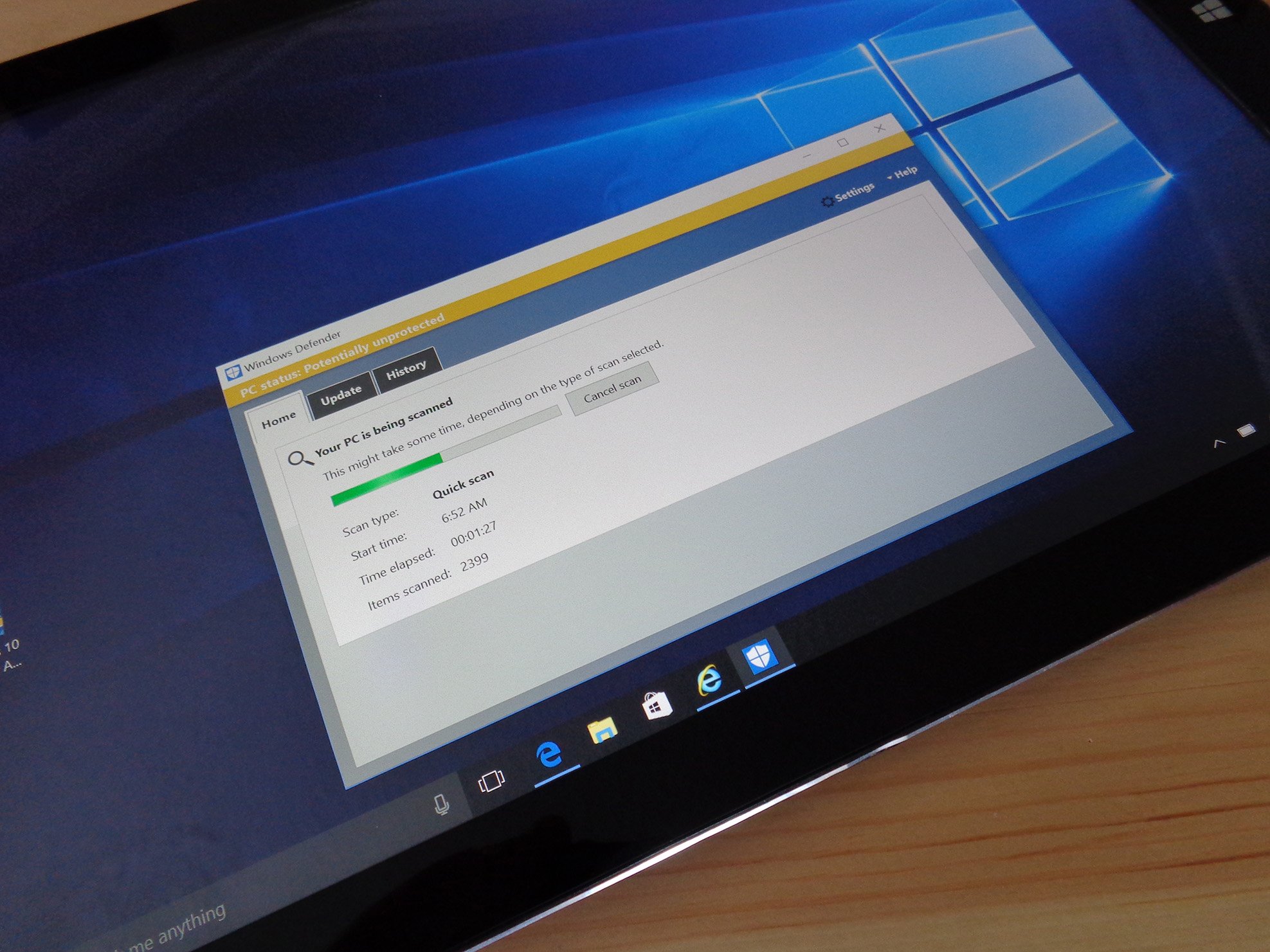


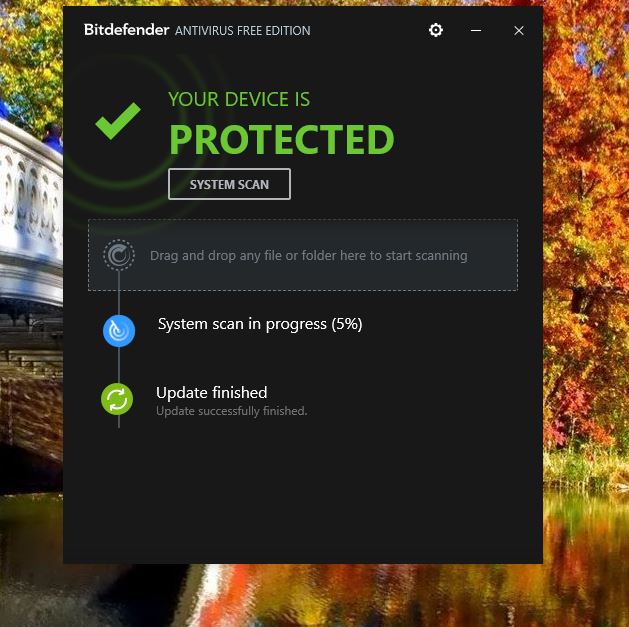
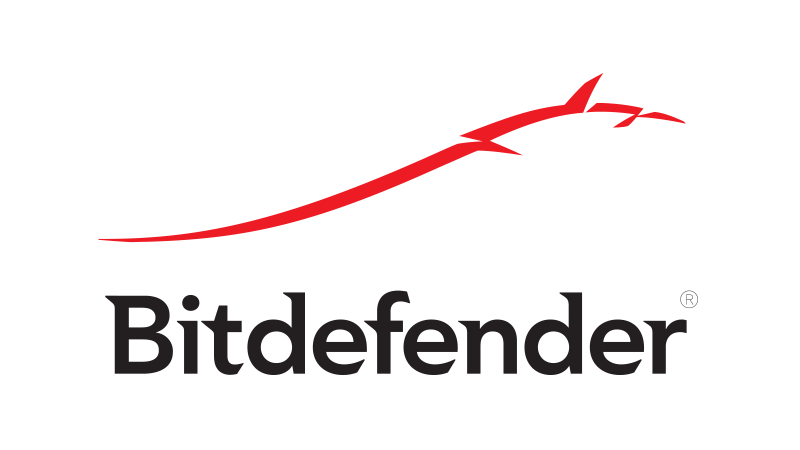
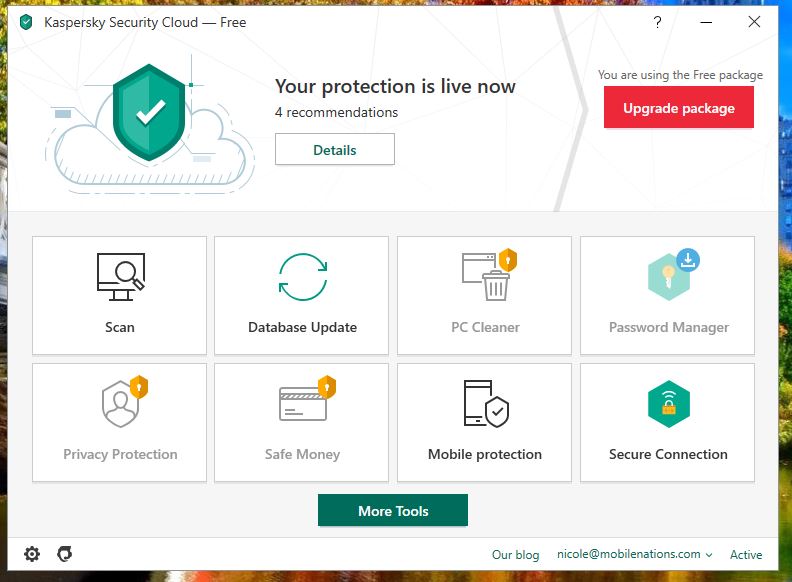
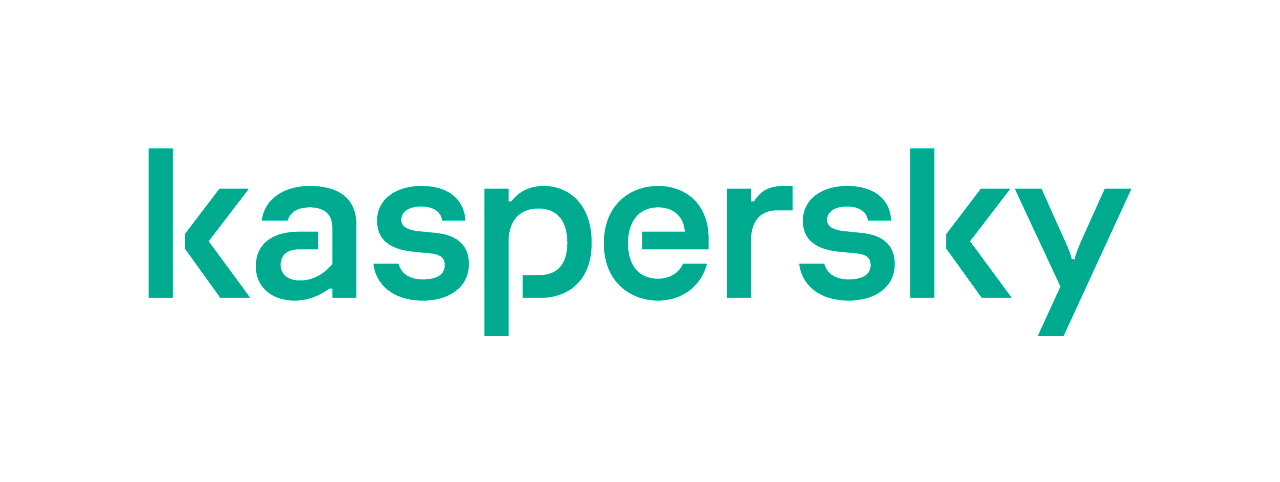
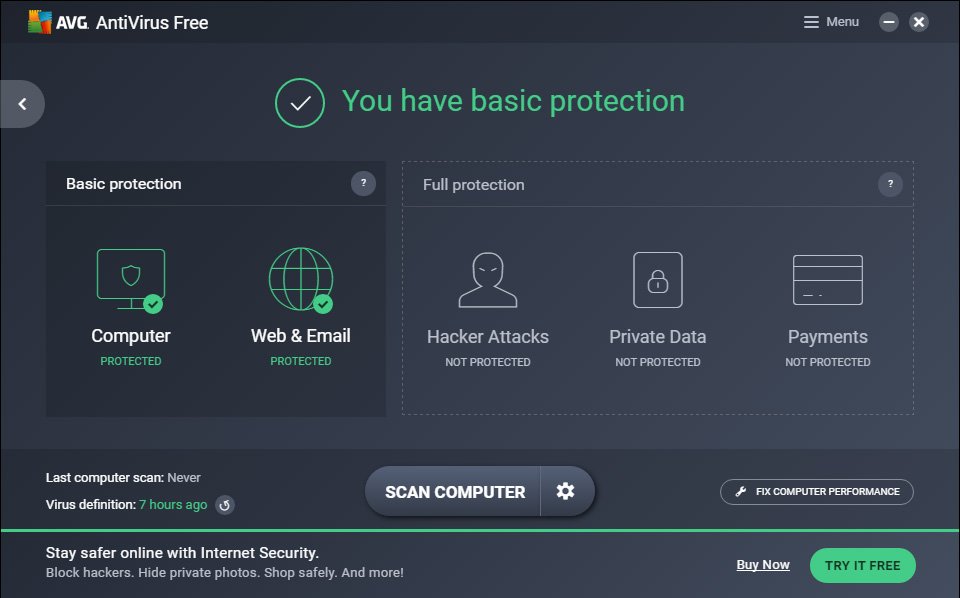
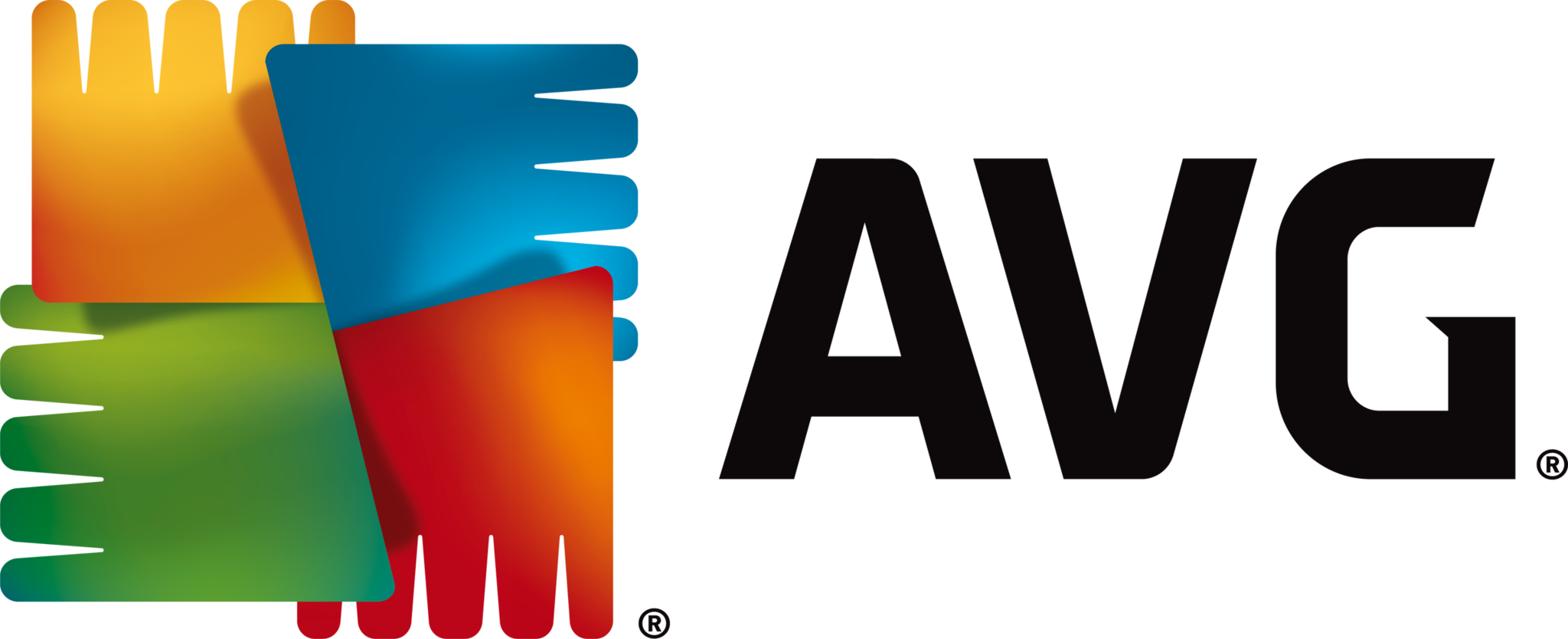
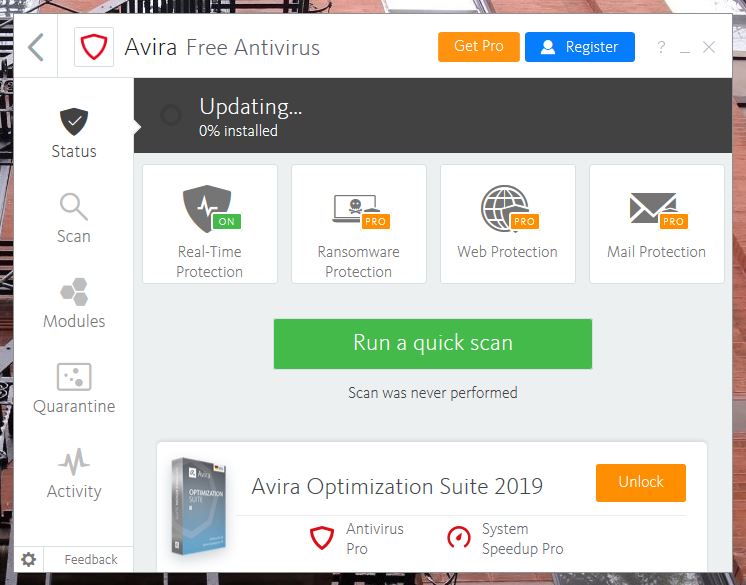

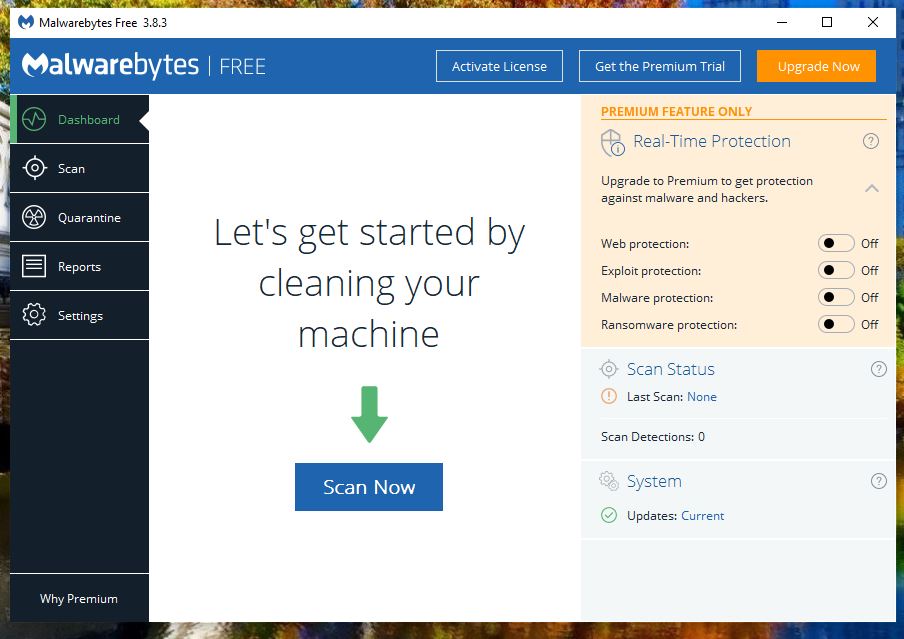

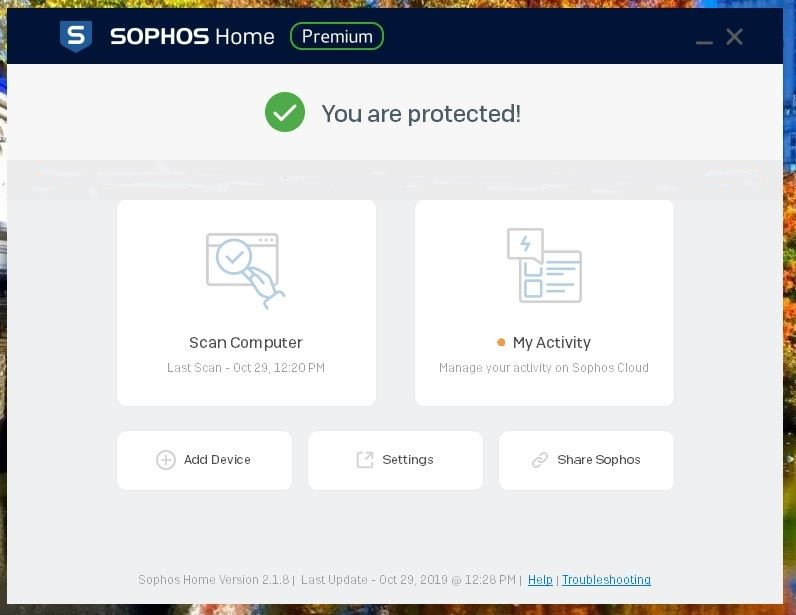

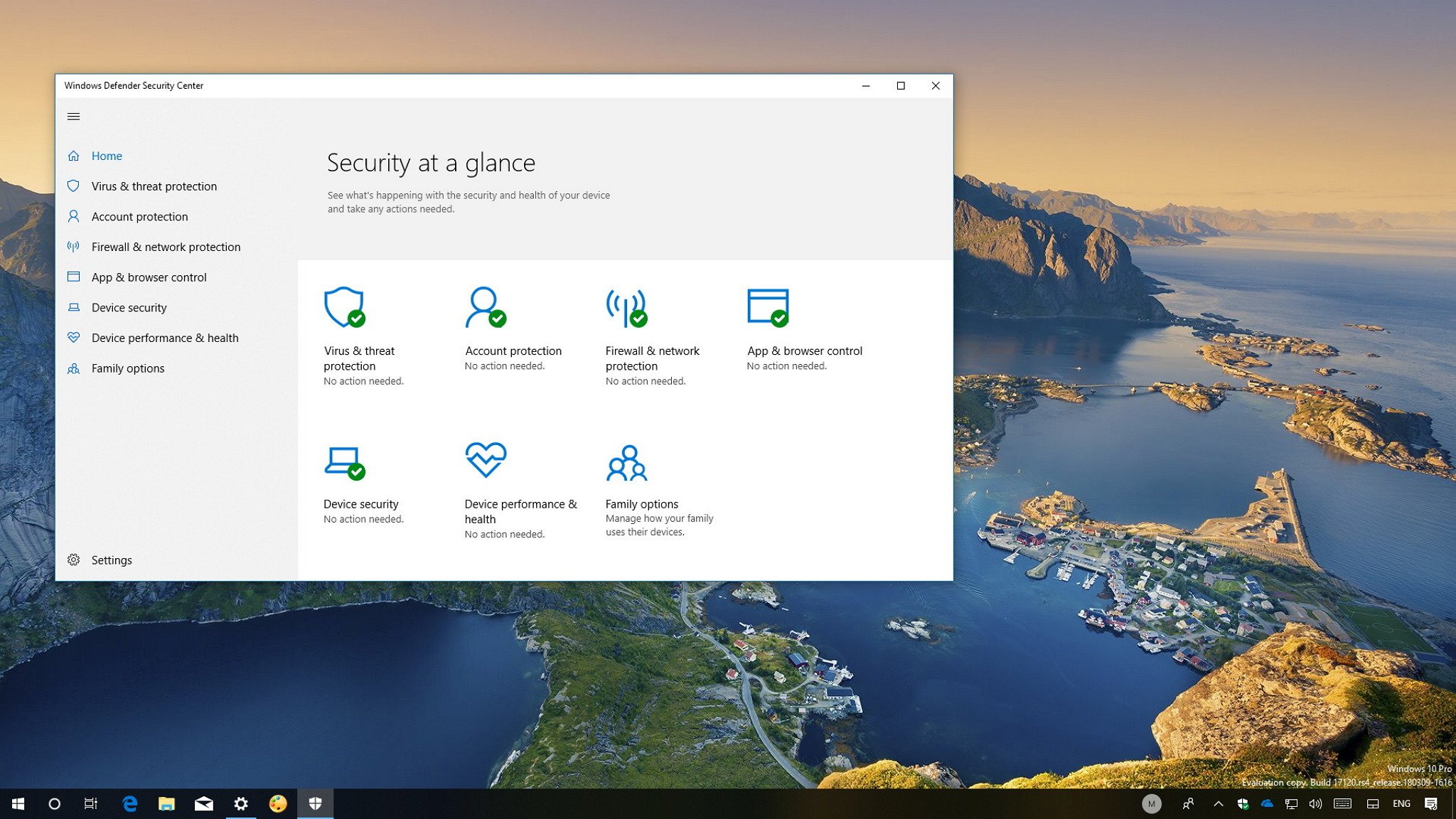

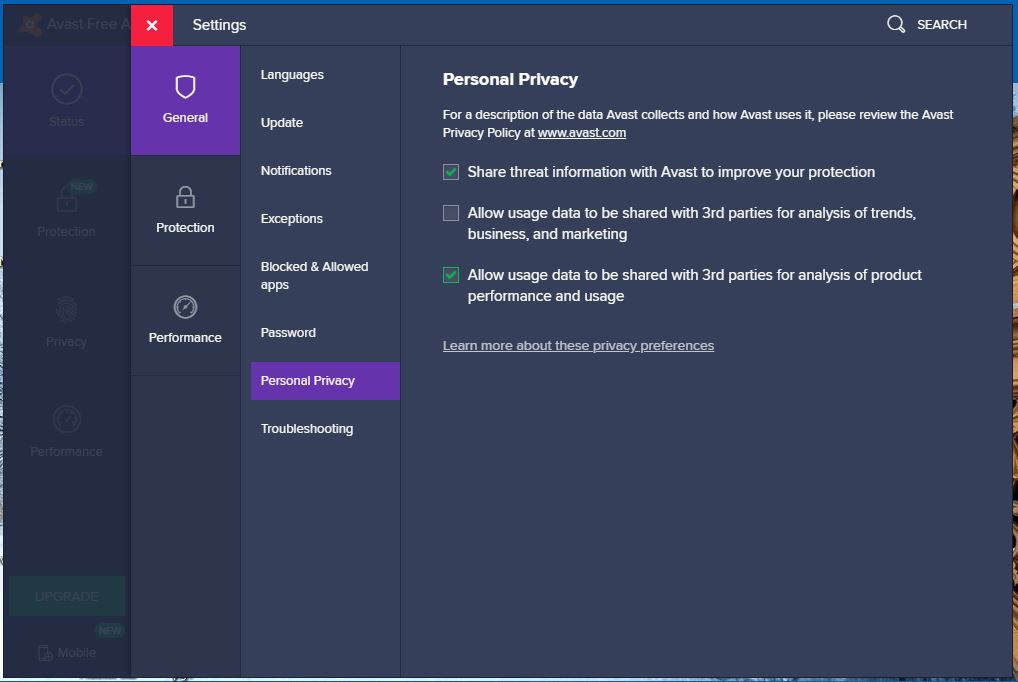






0 comments:
Post a Comment